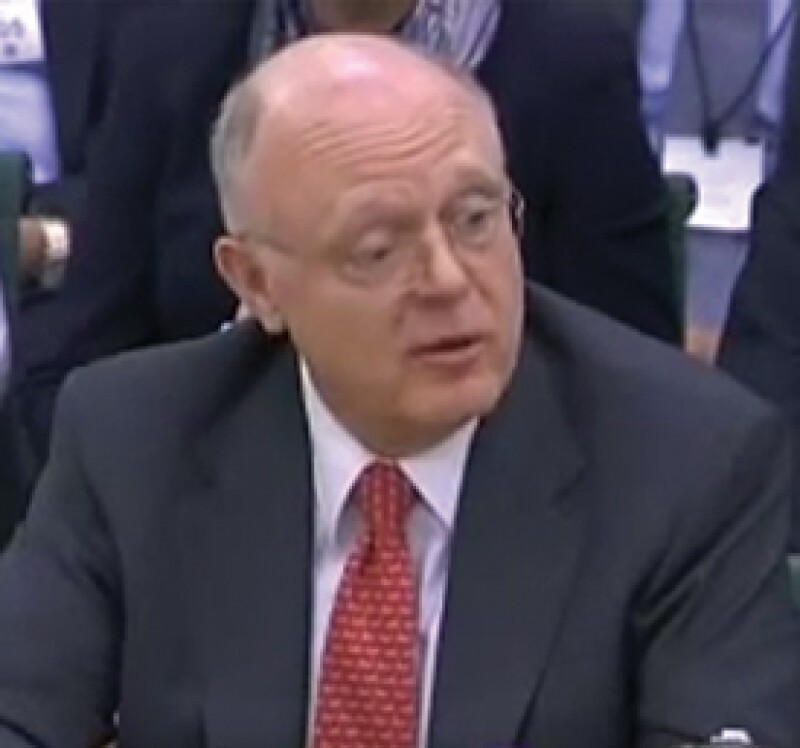
|
Ian Read is a new entry this year |
Ian Read, chief executive officer of Viagra-maker Pfizer, makes the Global Tax 50 2015 as a representative of vocal taxpayers that adopt a proactive attitude to taxation, standing up to discuss tax policy issues openly and defending structures in use where necessary.
As a response to increasing transparency and increasing public interest, far too many corporate tax departments and decision-makers in the c-suite opt to bury their heads in the sand, staying below the parapet rather than engaging in constructive debate and explaining how provisions in the tax code impact taxpayer behaviour. But that is not Read's style.
The Scot spearheaded his company's $160 billion acquisition of Irish-headquartered Allergan – the record-breaking deal to create the world's largest drugmaker – in the face of much criticism over the motivation for the move. Political figures including US presidential hopeful Donald Trump denounced the deal as either 'disgusting' or 'unpatriotic', but Read used the transaction to shed light on the dire need for US tax reform.
"The US tax code is an urgent issue that we need to fix," says Read, who claimed during 2015 that US tax provisions left Pfizer (and other US-based companies) attempting to compete with foreign firms "with one hand tied behind our back".
Business groups piled in behind Read with statements of support after he stuck his neck out, highlighting his influence.
"Pfizer's merger deal is the latest, but not the last, effort by a US-headquartered company to use a self-help solution to compete in the global marketplace," says John Engler, president of the Business Roundtable group of American CEOs. "America's outdated tax system is once again pushing US headquarters through the exit door."
Pfizer was among the companies (mostly from the pharmaceutical sector, due to such companies being highly mobile) that brought the inversion debate into centre stage when it tabled a bid for UK-based AstraZeneca in 2014, leading to a political and public backlash which ultimately – together with AstraZeneca concerns over job losses – stymied the deal. But rather than admitting defeat and waiting for the US to update its tax code (which, let's face it, would be a test of anybody's patience), Read sought another potential target before pressing ahead with the Allergan deal in 2015.
Those on Capitol Hill trying to reform US tax legislation should take note: if at first you don't succeed, try, try again.
The Global Tax 50 2015 |
|
|---|---|
The top 10 • Ranked in order of influence |
|
3. Wang Jun |
|
7. Ian Read |
|
The remaining 40 • In alphabetic order |
|









